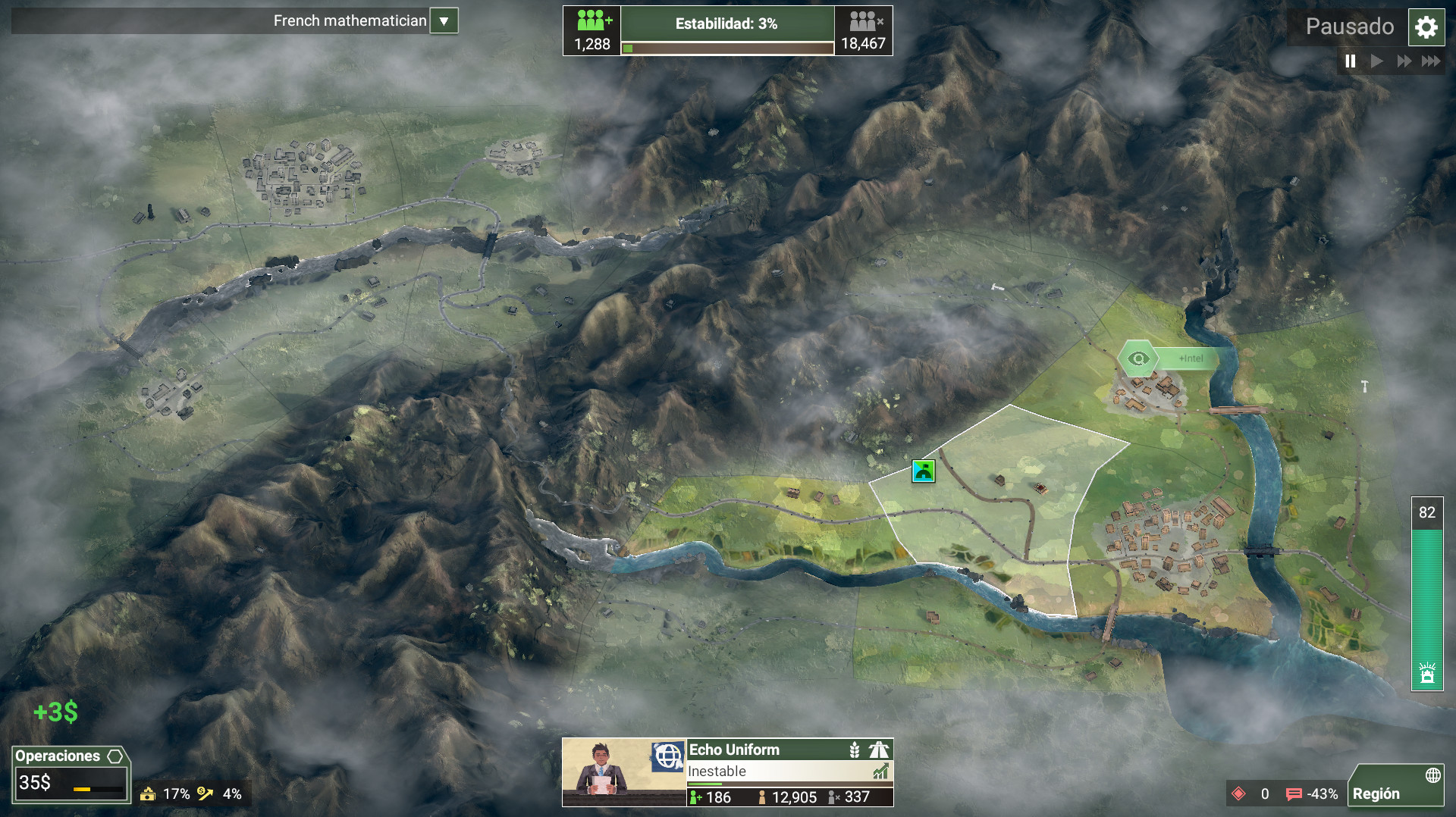

Farmajo insisted he preferred not to pick sides. Talks between the Somali and UAE governments are a priority.Īfter the June 2017 Gulf crisis, which saw Saudi Arabia, the UAE and a number of allies sever diplomatic relations with and impose an economic blockade on Qatar, President Farmajo, who had assumed office only months earlier, faced intense Saudi and Emirati pressure – reportedly pushing him to cut ties with Doha. The UAE should pledge to coordinate its aid and commercial interests with Mogadishu. Farmajo’s government should abide by strict neutrality in the intra-GCC spat and seek to reconcile with its Somali rivals. Emirati officials deny meddling and accuse Farmajo of falling under Doha’s and Ankara’s sway. Farmajo’s government accuses the Emiratis of funding its rivals and stoking opposition, particularly in Somalia’s federal states. Abu Dhabi’s relations with the government of President Mohamed Abdullahi Mohamed “Farmajo” have tanked. Competition between the United Arab Emirates (UAE), on the one hand, and Qatar and, by extension, Turkey on the other has aggravated longstanding intra-Somali disputes: between factions in the capital between Mogadishu and the regions and between it and the self-declared Republic of Somaliland. The bitter rivalries underpinning the crisis among members of the Gulf Cooperation Council (GCC) have added a dangerous new twist to Somalia’s instability. Abu Dhabi-Mogadishu talks are a priority – Saudi or European Union officials could mediate. The UAE should coordinate with Mogadishu regarding all its aid and investment in Somalia. Qatar and Turkey could encourage such reconciliation. What should be done? The Somali government should remain neutral in the intra-GCC spat and reconcile with Somali rivals. As Mogadishu-Abu Dhabi relations unravel, those disputes – which pit the Farmajo government against rival factions in Mogadishu and against federal states and Somaliland – could escalate. But competition among the Gulf powers and Turkey has magnified intra-Somali disputes.

Why does it matter? Certainly not all of Somalia’s problems can be pinned on the GCC crisis. Farmajo, in turn, has deepened ties with Doha and Ankara and repressed rivals.

Abu Dhabi appears to have upped support to Somalia’s regions, or federal states. Why did it happen? The Somali government of President “Farmajo” says it remains neutral in the GCC rivalry, but the UAE perceives it as too close to Qatar. Mogadishu-Abu Dhabi tensions have risen sharply. What’s new? The rivalries underpinning the June 2017 Gulf Cooperation Council (GCC) crisis – particularly between the United Arab Emirates (UAE) on the one hand and Qatar and, by extension, Turkey on the other – have spilled into the Horn of Africa, notably fanning instability in Somalia.
Rebel inc escalation 2018.4.9. trainer full#
Please join for the link to the website's write for us page and access to the full 50,000 website database Website description Manchester Evening News: Number one for news, opinion, sport & celebrity gossip Website title Manchester Evening News - Covering central and Greater Manchester, including news from Oldham, Rochdale and Glossop. Website address: (please join to view domain)


 0 kommentar(er)
0 kommentar(er)
